Graduates acquire valuable textile design skills applicable in various industries, including fashion, interior design, and manufacturing, enhancing their employability and providing opportunities for further specialization.
Future Scope & Benefits for Diploma in Textile Design Course
The world of fashion and textiles is a dynamic and ever-evolving industry, with a constant demand for innovative and creative professionals. A Diploma in Textile Design is a specialized program that equips individuals with the skills and knowledge necessary to excel in this field. In this comprehensive article, we will explore the future scope and benefits of pursuing a Diploma in Textile Design.
Future Scope of a Diploma in Textile Design
-
Vast Career Opportunities: One of the most significant advantages of obtaining a diploma in textile design is the wide range of career opportunities available. Textile designers can find employment in various sectors, including fashion, interior design, automotive, and even the technical textile industry. This diversity allows individuals to explore different niches and pursue careers that align with their interests.
-
Fashion Industry: The fashion industry is a primary destination for textile designers. They play a pivotal role in creating unique and eye-catching fabric patterns and prints for clothing, accessories, and footwear. With the ever-changing fashion landscape, there is a constant demand for creative and skilled textile designers.
-
Interior Design: Textile designers are also in demand in the field of interior design. They create fabrics for upholstery, curtains, wallpapers, and other interior furnishings. As people seek more personalized and aesthetically pleasing interior spaces, the need for skilled textile designers continues to grow.
-
Technical Textiles: In recent years, there has been a surge in demand for technical textiles used in various industries, such as healthcare, automotive, and sports. Textile designers with knowledge of advanced materials and manufacturing techniques are well-positioned to tap into this growing market.
-
Sustainability: The textile industry is increasingly focusing on sustainability and eco-friendly practices. Textile designers who are well-versed in sustainable materials and production methods are highly sought after. This trend is likely to continue as environmental concerns become more prominent.
-
Entrepreneurship: Many diploma holders in textile design choose to start their own businesses. They can create their textile brands, sell their designs, or provide custom design services to clients. Entrepreneurship offers the freedom to pursue one's creative vision and potentially achieve financial success.
Benefits of a Diploma in Textile Design
-
Creative Outlet: Textile design is a highly creative field that allows individuals to express themselves through their work. It offers a platform for artistic expression and the opportunity to bring unique ideas to life.
-
Skill Development: The diploma program equips students with a wide range of practical skills, from drawing and pattern-making to digital design and color theory. These skills are not only valuable in the textile industry but also transferable to other creative fields.
-
Industry-Relevant Knowledge: The curriculum of a diploma in textile design is designed to be up-to-date and aligned with industry trends. This ensures that graduates are well-prepared to enter the workforce and make an immediate impact.
-
Networking Opportunities: While pursuing the diploma, students have the chance to connect with industry professionals, attend workshops, and participate in internships. These experiences can help build a strong professional network, which is invaluable for career growth.
-
Personal Fulfillment: Working in textile design can be personally fulfilling for individuals with a passion for art and creativity. Seeing one's designs come to life on fabric and being appreciated by others is a rewarding experience.
-
Global Opportunities: Textile design is a global industry, and professionals often have the opportunity to collaborate with international clients and companies. This can lead to exciting international career prospects.
-
Innovation: Textile designers are at the forefront of innovation in materials and production techniques. They have the opportunity to work on groundbreaking projects that push the boundaries of what is possible in the textile industry.
 1 Years
1 Years
 Diploma
Diploma
 Fashion Design and Technology
Fashion Design and Technology
 Full Time
Full Time
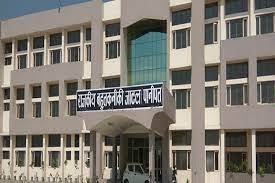

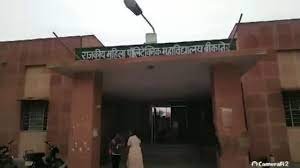

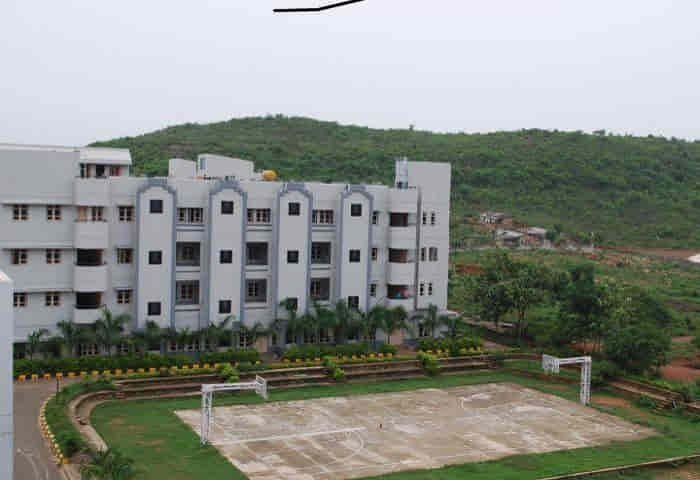


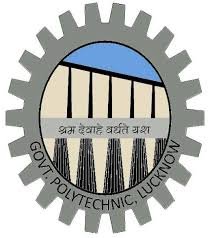
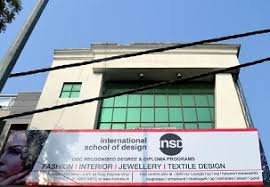





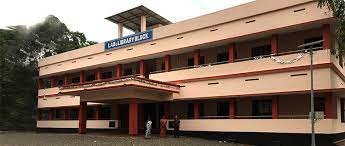
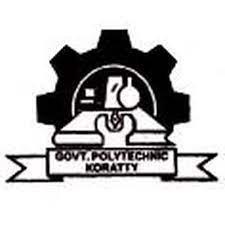



 back
back

